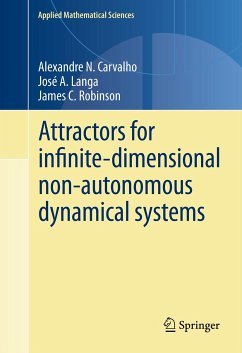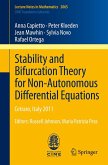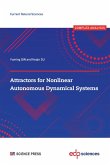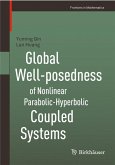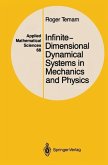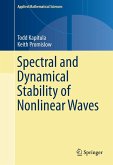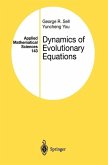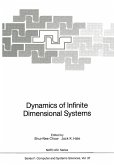The purpose of the book is to provide a summary of the current theory, starting with basic definitions and proceeding all the way to state-of-the-art results. As such it is intended as a primer for graduate students, and a reference for more established researchers in the field.
The basic topics are existence results for pullback attractors, their continuity under perturbation, techniques for showing that their fibres are finite-dimensional, and structural results for pullback attractors for small non-autonomous perturbations of gradient systems (those with a Lyapunov function). The structural results stem from a dynamical characterisation of autonomous gradient systems, which shows in particular that such systems are stable under perturbation.
Application of the structural results relies on the continuity of unstable manifolds under perturbation, which in turn is based on the robustness of exponential dichotomies: a self-contained development of these topics is given in full.
After providing all the necessary theory the book treats a number of model problems in detail, demonstrating the wide applicability of the definitions and techniques introduced: these include a simple Lotka-Volterra ordinary differential equation, delay differential equations, the two-dimensional Navier-Stokes equations, general reaction-diffusion problems, a non-autonomous version of the Chafee-Infante problem, a comparison of attractors in problems with perturbations to the diffusion term, and a non-autonomous damped wave equation.
Alexandre N. Carvalho is a Professor at the University of Sao Paulo, Brazil. José A. Langa is a Profesor Titular at the University of Seville, Spain. James C.Robinson is a Professor at the University of Warwick, UK.
Dieser Download kann aus rechtlichen Gründen nur mit Rechnungsadresse in A, B, BG, CY, CZ, D, DK, EW, E, FIN, F, GR, HR, H, IRL, I, LT, L, LR, M, NL, PL, P, R, S, SLO, SK ausgeliefert werden.
"The Carvalho, Langa and Robinson monograph focuses primarily on infinite-dimensional systems and evolution equations. ... The monograph is suitable for graduate students with a background on functional analysis and evolution equations. ... Carvalho, Langa and Robinson present a readable and thorough account of the current state of the theory, which provides the reader with ready access to an area that has considerable potential for further development." (Peter E. Kloeden, Mathematical Reviews, July, 2013)
"This monograph not only summarizes the research of the authors over the last decade, but also provides an accessible and well-written approach to the recent theory of non-autonomous dynamical systems in infinite dimensions with a focus on corresponding attractors and invariant manifolds. ... This book is a well-written and carefully prepared text appropriate for advanced classes on dynamical systems and seminars." (Christian Pötzsche, Zentralblatt MATH, Vol. 1263, 2013)

